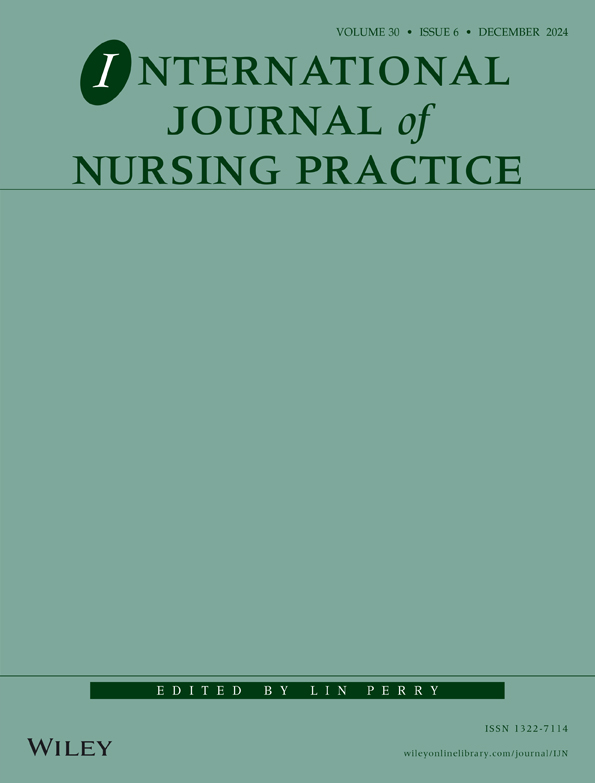Effectiveness of Mobile Application Disease Self-Management Programme on Mental Health and Self-Management of Patients With Hypertension: A Randomised Controlled Trial
Funding: We are grateful for the specific-topic research project funding provided by the National Taipei University of Nursing and Health Sciences, Taiwan (project number: 107EH12-406-002).
ABSTRACT
Background
Hypertension is a chronic disease that consumes considerable medical resources.
Aim
The aim of this study is to evaluate a model able to develop and assess the effectiveness of a mobile application disease self-management programme regarding mental health and self-management for patients with hypertension.
Methods
A randomised controlled trial and single-blind random assignment was employed to group the participants. A total of 100 patients were collected from the cardiology clinic of a teaching hospital in Taiwan. There were 50 participants in each group: the mobile application group (experimental group) and the routine care (control group). The primary outcome measures were mental health and self-management.
Results
This study discovered that the intervention improved the mental health and self-management of the experimental group. The results for the experimental group revealed significantly improved effects and outcomes superior to those of the control group.
Conclusions
The study results verified that a mobile application disease self-management programme could improve the mental health and disease self-management of patients with hypertension.
Summary Statement
What is already known about this topic?
- Hypertension is a chronic disease that consumes considerable medical resources.
- Disease self-management programmes have been successfully applied for many patients with chronic diseases and have been verified to provide benefits, such as effectively changing and maintaining the health behaviours of patients, reducing medical costs and increasing quality of life.
What this paper adds?
- The mobile application disease self-management programme is verified to improve the mental health of patients with hypertension.
- The mobile application disease self-management programme can effectively improve the disease self-management of patients with hypertension, and this improvement is superior to that achievable with usual care.
The implications of this paper:
- This study may serve as a reference for nursing personnel for developing unconventional health education programmes.
- A mobile application disease self-management programme improved the mental health and disease self-management of patients with hypertension.
Conflicts of Interest
The authors declare no conflicts of interest.
Open Research
Data Availability Statement
Research data are not shared.




